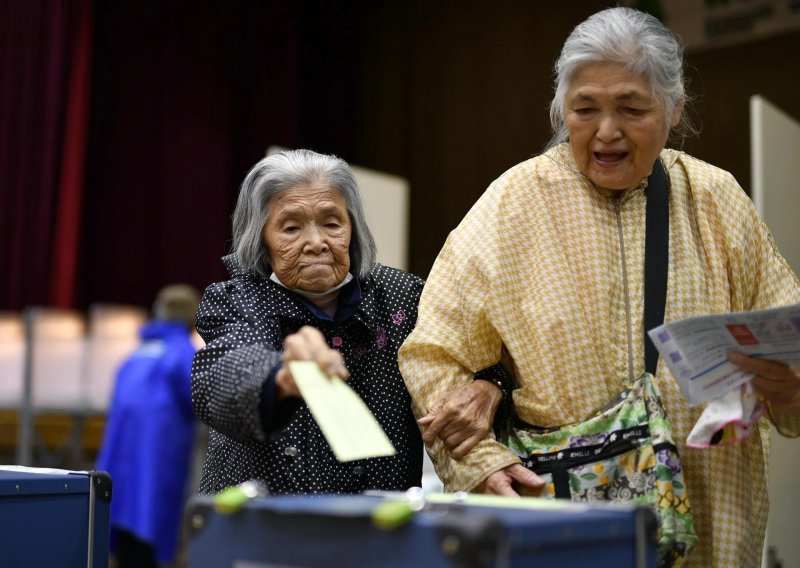The number of people in Japan aged 100 or older has reached a new milestone, climbing to a record-high 99,763, according to an announcement by the country’s health ministry on Friday.
This marks the 55th consecutive year the number of centenarians has increased. Women continue to make up the vast majority of this age group, accounting for 88% of the total, News.Az reports, citing foreign media.
Japan has the world’s longest life expectancy, and is known for often being home to the world’s oldest living person – though some studies contest the actual number of centenarians worldwide.
It is also one of the fastest ageing societies, with residents often having a healthier diet but a low birth rate.
The oldest person in Japan is 114-year-old Shigeko Kagawa, a woman from Yamatokoriyama, a suburb of the city Nara. Meanwhile, the oldest man is Kiyotaka Mizuno, 111, from the coastal city of Iwata.
Health minister Takamaro Fukoka congratulated the 87,784 female and 11,979 male centenarians on their longevity and expressed his “gratitude for their many years of contributions to the development of society”.
The figures were released ahead of Japan’s Elderly Day on 15 September, a national holiday where new centenarians receive a congratulatory letter and silver cup from the prime minister. This year, 52,310 individuals were eligible, the health ministry said.
In the 1960s, Japan’s population had the lowest proportion of people aged over 100 of any G7 country – but that has changed remarkably in the decades since.
When its government began the centenarian survey in 1963, there were 153 people aged 100 or over.
That figure rose to 1,000 in 1981 and stood at 10,000 by 1998.
The higher life expectancy is mainly attributed to fewer deaths from heart disease and common forms of cancer, in particular breast and prostate cancer.
Japan has low rates of obesity, a major contributing factor to both diseases, thanks to diets low in red meat and high in fish and vegetables.
The obesity rate is particularly low for women, which could go some way to explaining why Japanese women have a much higher life expectancy than their male counterparts.
News.Az


AloJapan.com